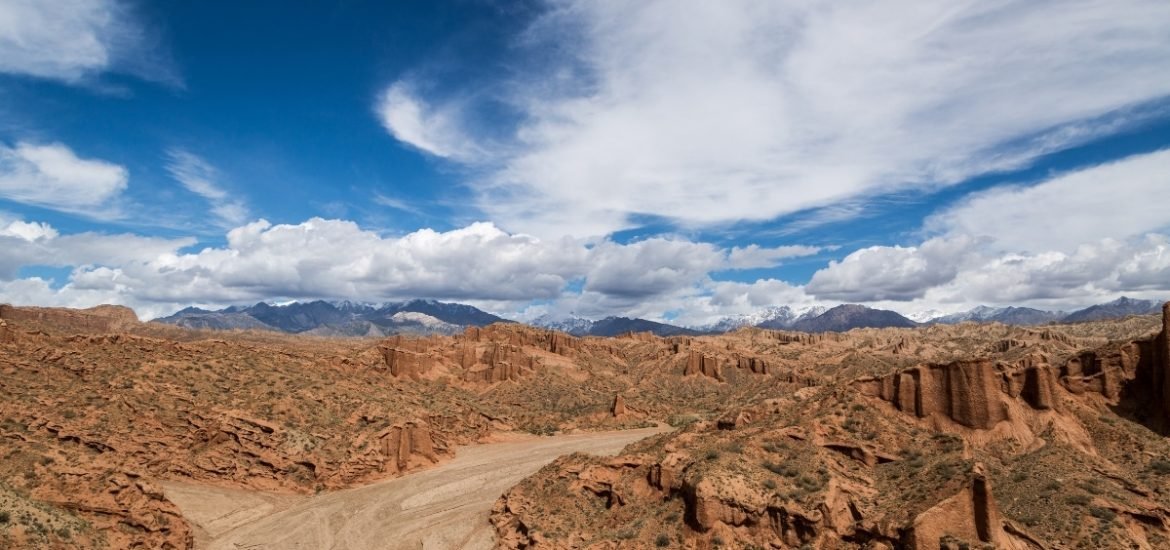
Humans pushed the Earth into a new geological epoch, according to some scientists. On 21 May, the Anthropocene Working Group (AWG), a sub-committee of the International Commission on Stratigraphy (ICS) made up of 34 scientists, voted in favour of formally declaring a new epoch: the Anthropocene. The vote was not unanimous, however, the majority — 29 members — voted in favour of an official designation.
The new epoch would follow the current Holocene era, which began around 12,000 years ago. However, the proposal is still awaiting final approval and a formal proposal for the new epoch will be submitted to the committee by 2021. If approved, it will designate the Anthropocene as a new geologic epoch to account for the profound ways in which humans have changed the Earth.
In the mid-20th century, a rapid increase in the human population accelerated industrial production and many other human activities, as well as the use of agricultural chemicals. And also marks the moment in time when atomic bombs were first created and detonated — radioactive debris is embedded in sediments and glacial ice as a geological record. In fact, the radionuclides from atomic-bomb detonations found in sediments may provide the physical evidence that is required to designate the start of the epoch.
Other changes that stand out at that time include a sharp increase in carbon dioxide production, the use of plastics, organic pollutants, and the use of concrete. Moreover, widespread species invasions and extinctions and disruptions to the nitrogen and phosphorus cycles began.
At present, the term “Anthropocene” is already widely used to describe the impacts of humans on the environment. The term was coined by Paul Crutzen and Eugene Stoermer in 2000 and has since been used to describe the present geological condition of the Earth. But has yet to be declared a new geological epoch.
Nonetheless, it has become increasingly clear that human activity is drastically altering the Earth. Indeed, numerous studies suggest human activities have “distinctively” altered the planet from rising global temperatures and sea levels to depletion of the ozone layer and acidification of oceans.
For this reason, many scientists believe it’s now time to recognize a new chapter in the planet’s geological history. An informal vote taken at the 2016 International Geological Congress in Cape Town received similar support for the new designation.
The AWG must seek approval from both the ICS and another large regulatory body, the International Union of Geological Sciences (IUGS). Moreover, for the proposal to be successful, scientists must first provide physical evidence of the human impact on climate change, including exemplary samples from around the world that show a clear transition from the Holocene into the proposed Anthropocene.
In addition, the group must identify a definitive geologic marker or ‘golden spike’, writes Nature, referred to as a Global boundary Stratotype Section and Point (GSSP). The team is currently assessing 10 candidates, including a cave in northern Italy, corals of the Great Barrier Reef, and another lake in China. The researchers will meet in Berlin next week to plan the next two years of research.
Members who voted against the designation oppose the idea that a single clear signal can be found globally in the geological record to define the epoch. Instead, they prefer to acknowledge the progressive impacts of humans on the Earth, starting with prehistoric agriculture and suggest “multiple beginnings rather than a single moment of origin,” according to archaeologist Dr Matt Edgeworth from the University of Leicester in the UK, who is a member of the AWG.